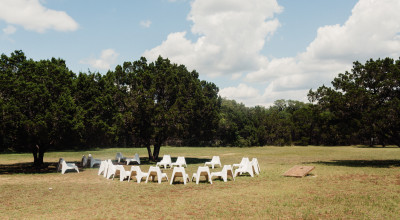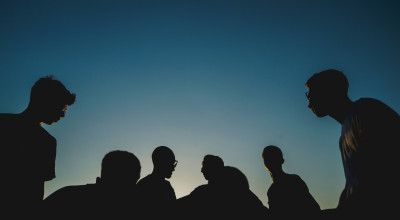The Biggest Mistakes People Make After Treatment
December 26th, 2023
By P. Casey Arrillaga, LCSW, LCDC
It is a tough decision to go to treatment, and it is often made in the midst of a crisis. Almost as soon as a person gets to the treatment center, both they and their loved ones start thinking (and often worrying) about what comes next. Unfortunately, many people who go to treatment make mistakes that can lead to relapse and all the consequences that come with it. In this post, we’ll look at three of the biggest pitfalls and what you or your loved ones can do to avoid them.
What We Know So Far
Even though Windmill has some of the best success rates in the business, we know that it is ultimately up to our clients to stay sober and healthy after treatment, and this will come down to what they do after they leave.
While family success rates are harder to measure, the need for family members to follow through is no less important. While family members can’t keep the people they love sober and okay, they can have a powerful effect on their own lives and positively influence the whole family if they work on their own recovery. This is why we say that the most powerful thing you can do for the people around you is to work on yourself.
This leads to the number one mistake that people make after treatment: they stop doing the work of recovery. Some say it’s too much trouble, that they worked hard during treatment, or that they don’t have time. Others acknowledge that they should be working on their recovery but just can’t find the motivation. No matter the reason, the result is all too often the same. They relapse into old behaviors, with a return to chemical use being the most prominent.
Family members may similarly tell themselves that their loved one has completed treatment, so the family member has nothing more to do. Alternatively, they may try to arrange everything to be “perfect” for the person leaving treatment, thinking it is up to the family to get it right, go to meetings with them, etc. Rather than this, we recommend that the time after treatment is when family members should focus most on their own recovery. In the months after treatment, family recovery meetings are even more important than when their loved one was at the facility.
How can someone know the best course to take? Almost any treatment center will give each client a written discharge plan that details what should be done next. This may include going to recovery fellowships meetings, such as Alcoholics Anonymous or SMART Recovery for people with addictions, NAMI for people with other mental health issues, and Al-Anon or SMART Recovery Family & Friends for people whose loved one is the person getting sober. It should also include a referral for an individual therapist. Depending on the circumstances, continuing group therapy such as an Intensive Outpatient Program [IOP] may be recommended. At Windmill, we have vetted many therapists, sober houses, and recovery groups, so our clients are being encouraged to see trusted professionals and people with solid recovery. No matter where you or your loved one goes, insist on no less.
The second mistake that clients often make after treatment is not following up with medical providers and thus going off prescribed medications. This will inevitably happen whether by default or by design when medical appointments aren’t made or kept. The chances of relapse are much higher for people who don’t take their medications after treatment, especially if they were just getting stabilized at the facility. At Windmill, we try to minimize the number of medications our clients are taking, but what is prescribed is prescribed for a good reason. Going off these without medical supervision is courting disaster.
The third common mistake people make after treatment is letting the personal connections they formed during the program slip away. While in treatment, most people become close with sponsors, mentors, fellow clients, and people who are more experienced in sustaining recovery. Maintaining these connections through in-person meetings, phone calls, social media, and any other way that people connect is one of the best predictors of ongoing recovery. In fact, people who connect with others at recovery fellowship meetings have been shown to be twice as likely to stay sober. This reinforces the importance of human connection in getting and staying better. At Windmill, we have a robust and active alumni group, with weekly meetings, social media groups, outreach calls, and special events. We also welcome alumni and their families to keep attending our family workshop and SMART Recovery Family & Friends meetings. We do all this because it encourages clients and their families to stay involved long after treatment ends, thus increasing their chances of success.
The Bottom Line
It is easy to struggle after treatment, but you or your loved one can avoid some of the pitfalls outlined in this post. Keep up the recovery work, keep following medical directions, and stay connected. By doing so, you and/or your loved one have much better chances of happy and successful outcomes after treatment.
About The Author
P. Casey Arrillaga is the Team Leader for Education at Windmill Wellness Ranch, and he is the author of books including “Realistic Hope: The Family Survival Guide for Facing Alcoholism and Other Addictions”. His book


